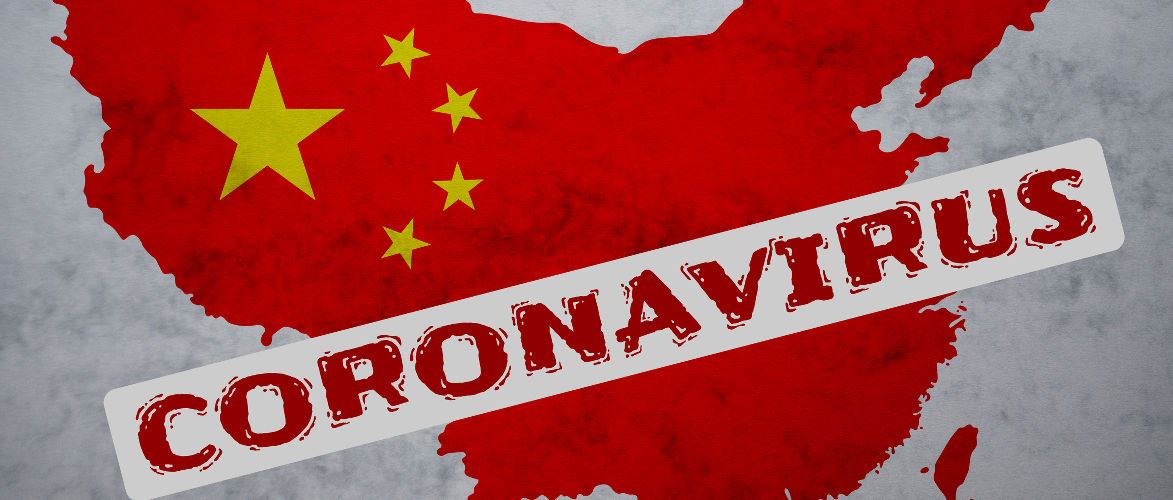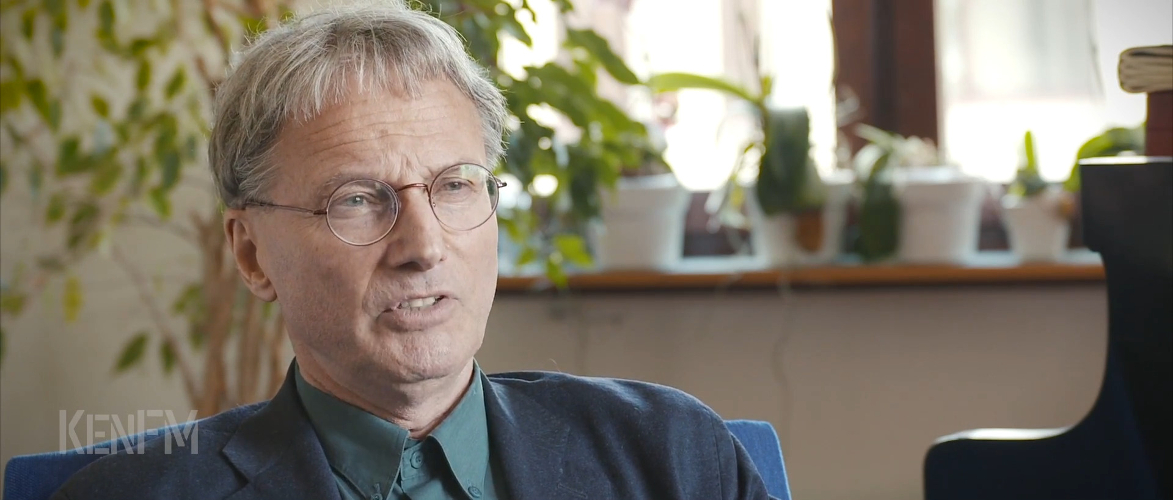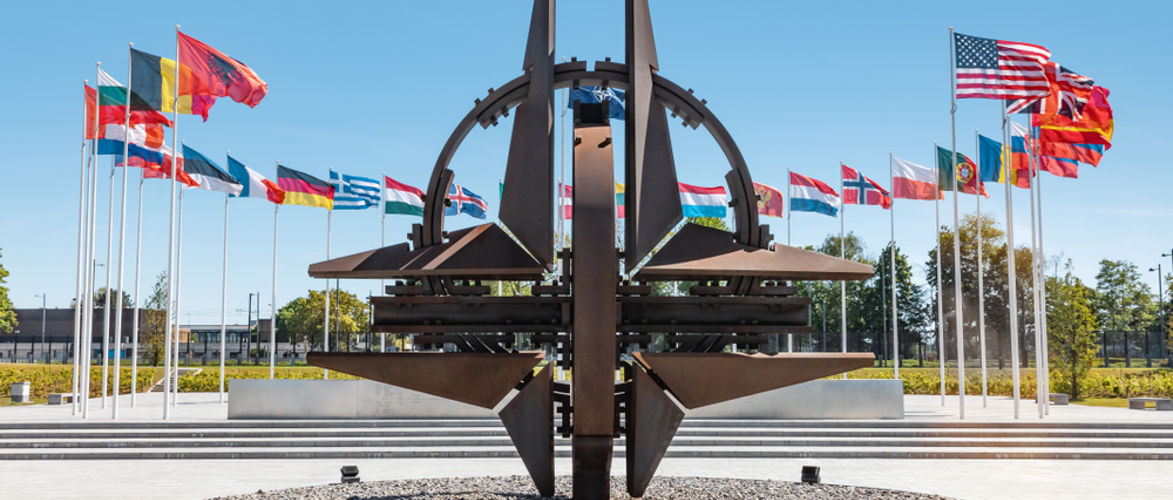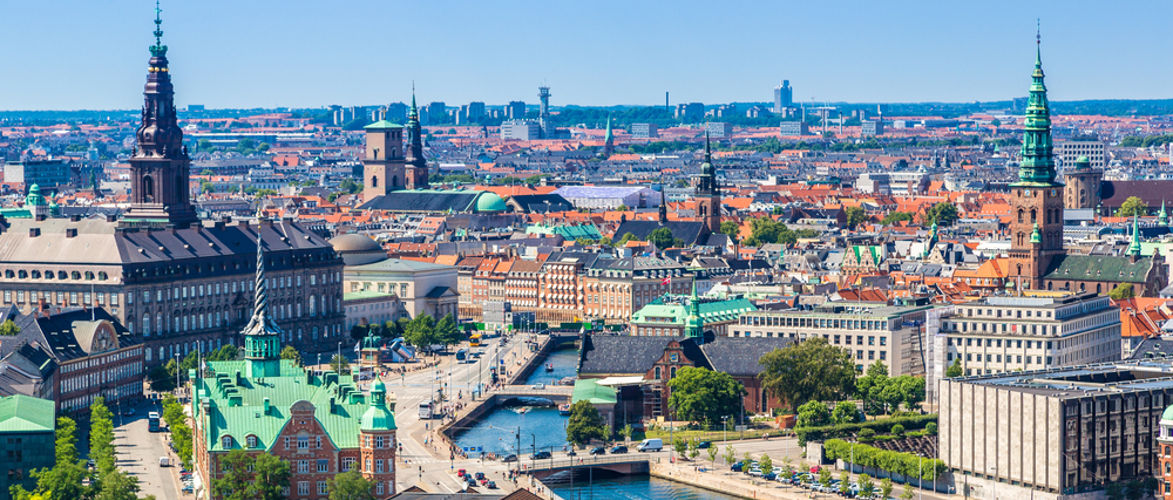By Ernst Wolff.
The coronavirus is spreading rapidly outside China’s borders and has now reached more than thirty other countries. In South Korea, six hundred infections and five deaths have been recorded since Sunday. In the city of Daegu (about the size of Hamburg or Munich), which is home to millions of people, residents were told not to leave their homes. In Gumi, one of the largest mobile phone production sites of the global corporation Samsung suspended work until further notice. In Icheon, Apple supplier Hynix sent eight hundred employees home after the discovery of a case of infection. Since Sunday, the highest warning level has been in place throughout the country.
The development is also accelerating in the Middle East and Europe. The first cases have been registered in Lebanon and Israel. Iran reported eight deaths, 43 confirmed infections and 750 suspected cases so far. In the Iranian city of Ghom, all schools and universities were closed; the 1.2 million inhabitants were urged to avoid unnecessary physical contact. Iraq, Turkey and Pakistan closed the border with Iran and, like Qatar, suspended air traffic to Iran.
In Italy, three infected people died by Sunday. On Friday the authorities in ten northern Italian cities ordered the closure of schools, government offices and other public buildings. Food shops, bars, discos and sports centers are also to remain closed for at least a week in the affected areas. On Saturday evening, a decree was issued prohibiting 53,000 inhabitants of the affected areas from leaving their places under threat of a three-month prison sentence.
China has now restricted the freedom of movement of 760 million people. In Hubei province in China, the centre of the outbreak, hundreds of new infections were reported this week from hospitals and prisons. More than 300,000 containers are now piling up in Chinese ports, as many migrant workers are still not allowed to return to their jobs. Freighters are crowding in front of the ports, and shipping from China to Europe and America has already fallen by over fifty percent.
The authorities in Hubei excluded a reopening of the facilities before 10 March. It is more than questionable whether production can actually be resumed on 11 March. President Chi, who only a week ago had announced the imminent “victory over the virus”, spoke on Friday of a “gloomy and serious situation” in Hubei.
The outlook in all other affected countries is also gloomy and serious, as there is currently not a single country in the world whose healthcare system is prepared for a patient rush on the scale of what China is experiencing.
Above all, the economic prospects for working people around the world are also gloomy and serious. The standstill in China will be severely felt around the globe in the coming weeks through disruptions in trade and supply chains. The globalization of the past decades, which has led to a close transnational interlocking of all economic processes, will have dramatic effects. Entire industries will face supply problems and respond with short-time work and redundancies. At the same time, it can already be expected that the decline in supply resulting from supply shortages will lead to price increases in many areas if demand remains constant.
It must also be assumed that major investors will try to profit from the crisis by purchasing large quantities of goods, thus further reducing the already declining supply and subsequently offering the goods at inflated prices.
In other words: this crisis will also affect the working population above all – and this at a time when social inequality is assuming ever more gigantic proportions. At the beginning of February, Elon Musk, who owns 19 percent of the shares of Tesla, increased his assets in a single day by a 17 percent rise in the price of Tesla shares by 4.5 billion dollars. This was the highest increase in the wealth of a single person in the entire history of mankind.
Due to this intensification of social inequality, major social conflicts can no longer be avoided. The fear of these upheavals is probably one of the reasons why almost all governments have so far reacted in the same way – completely inappropriate to the gravity of the situation:
Instead of issuing warnings, they have played down the dangers and provided the public with insufficient or misleading information. In China, for example, for the fifth time in the past week, the criteria according to which the official statistics on Covid-19 disease progression are compiled were changed – with the result that already existing doubts about the correctness of the figures are becoming ever louder among the seriously worried population. In Iran, until the first deaths were reported, the government denied that there had been any infections at all.
In the USA, where the first cases of infection have also been reported, several states still do not have the necessary tests to detect infection. Other states have already announced that they will not publish statistics on infection and deaths, citing data protection. In New York, a Facebook post from the fire department about the admission of a man who returned home from China with suspicions of Covid-19 was deleted after a short time – under the pretext of not wanting to disturb the public. Instead of informing the public in an appropriate manner, extremely important information is withheld from them.
The financial industry has so far reacted to the corona crisis no differently than governments. Regardless of all the humanitarian aspects and consequences, preparations are being made for further injections of money into the system to keep it alive in these times of crisis and to ensure that the ultra-rich have a source of further wealth.
Looking ahead to what we can expect in the financial sector is China, where the central bank cut interest rates last week and announced that it will loosen reserve requirements for banks to provide cheap credit to struggling companies. As a result of the measure, stock markets in Shenzhen and Shanghai rose by 1.6 percent and 2 percent respectively. In other words, the measure did not benefit troubled companies, but instead triggered another round of speculation on the stock markets.
However, the events in China also show the hopeless situation into which the central banks have maneuvered themselves through their loose monetary policy. After twelve years of ensuring that we are dealing with the largest financial casino of all time, all the measures they are now taking have only one effect: to continue to fuel this casino.
Anyone who thinks this can go on indefinitely is wrong. The interruption of supply chains will soon put the real economy in trouble worldwide. The neglect of the real economy has turned many companies into so-called zombie companies. They are basically unprofitable, but have been able to keep their heads above water because of cheap money and increasing debt.
If the investors now realize that these companies are in existential trouble due to the supply problems from China, they will demand their money back. The result will be that these companies will have no choice but to declare bankruptcy. It is therefore very likely that we will see a collapse of the global debt card house in the near future. If the central banks were to undertake an attempt to stop it, the only thing they could do would be to open all the money-locks and introduce negative interest rates at the same time. But such a flood of money is likely to destroy people’s confidence in the monetary system for once and for all.
As a result, there is no way out of the current situation for the central banks. The coronavirus has rapidly become a fire accelerator for the problems in the global financial system and the crucial question today is no longer whether, but only when the crash will happen.
Is there any way to prevent it? No, the avalanche has already started, its descent can no longer be stopped. Is there any way to protect yourself? Yes, in several ways. In view of the medical threat, it makes absolute sense at the moment to prepare for a possible longer quarantine period by purchasing face masks and virucidal hand disinfectants, as well as stocking up on food supplies. Since a large part of the medicines we trade with come from China and shortages and supply shortfalls are to be expected, chronically ill patients should immediately provide themselves with vital medicines.
In case of a crash, a bank holiday, i.e. a temporary closure of the banks, is to be expected (just think back to Greece and Cyprus), it is recommended to keep a certain stock of cash. To secure your own savings, it is advisable to rely on gold, whose price has been rising for several weeks now despite all the manipulation by the financial industry. In order to be prepared for a devaluation of money in everyday life, it is advisable to keep silver coins.
Those who are currently betting on crypto-currencies should know that they may face the same fate as cash. In the final analysis, cash is nothing more than printed paper, while electronic money is just a data record. In both cases, the payment only works as long as the receiver is convinced of the value of the money given to him. This conviction is likely to fade quickly in times of crisis.
Above all, however, it is important to establish social networks so that you are not left alone in an emergency. Those who live in isolation will find it much more difficult to survive the coming and certainly difficult times at least somewhat unscathed.
Are these proposals exaggerated, are they scare tactics? No, certainly not, because what we are facing is unprecedented. The Spanish flu, for example, with which the Corona pandemic is often compared, happened at a time when production was still local and regional, when there was no air traffic and people rarely travelled. What we are witnessing now are the consequences of an unbridled globalization that has brought breathtaking profits to a few for decades, but which has been carried out ruthlessly and without any sense of responsibility towards the majority of people and also towards future generations, and which is now leading to a situation in which the outbreak of a disease in a market in China threatens the well-being of people all over the planet.
+++
Thanks to the author for the right to publish the article.
+++
KenFM strives for a broad spectrum of opinions. Opinion articles and guest contributions do not have to reflect the views of the editorial staff.
+++
Support us with a subscription: https://steadyhq.com/de/kenfm
+++
You like our program? Information about further support possibilities here: https://kenfm.de/support/kenfm-unterstuetzen/
+++
Now you can also support us with Bitcoins.

BitCoin address: 18FpEnH1Dh83GXXGpRNqSoW5TL1z1PZgZK










Kommentare (1)